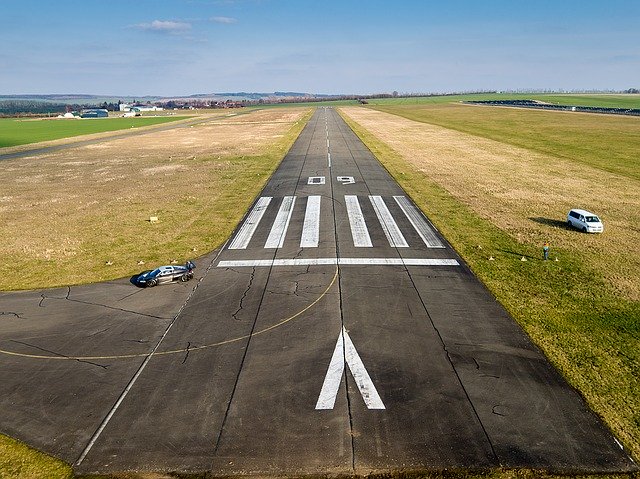This Content Is Only For Subscribers
The city’s sustainable economic development agency ChristchurchNZ is proud to support today’s opening of Tāwhaki National Aerospace Centre at Kaitorete.
The new facility at the innovative indigenous-lead aerospace venture is a major milestone for Christchurch’s ambition to be the flourishing centre of New Zealand’s aerospace industry says ChristchurchNZ chief executive Ali Adams.
“Having a local testing, flight and launch facility will massively accelerate this fast-growing sector in Ōtautahi and Aotearoa, especially for the several local companies who aspire to reach space using horizontal take-off.
“Its proximity to a world-class city is also globally unique for offshore business attraction.
“This is a huge milestone for the sector and for Tāwhaki’s aspirations for weaving together mātauranga Māori with cutting-edge innovation in aerospace and environmental rejuvenation so our people and planet flourish for generations to come,” says Ali.
Aerospace is one of four high-growth, high-value industry sectors that ChristchurchNZ has identified with excellent potential to boost the region’s economy. It supports the sector by nurturing the networks that enable ambitious companies to aim high.
Canterbury has the perfect geography and airspace for testing innovative aircraft and autonomous prototypes, and is home to the best in engineering, tech and precision component manufacturing.
The talent is here too, with nearly a third of national aerospace engineering graduates, and nearly a quarter of engineering, coming from Canterbury universities. Ōtautahi is a playground for ambitious people to grow new ideas, new skills, and new connections.
The aerospace industry has a current global value of $360 billion, and with that estimated to increase to $2.7 trillion by 2050, the aerospace and future transport space is bright. New technologies are significantly lowering barriers to entry, while digital transformation and IoT-fuelled demand for space and satellite services is rising.
The local economic impact is already estimated to be between $100m and $1bn.



